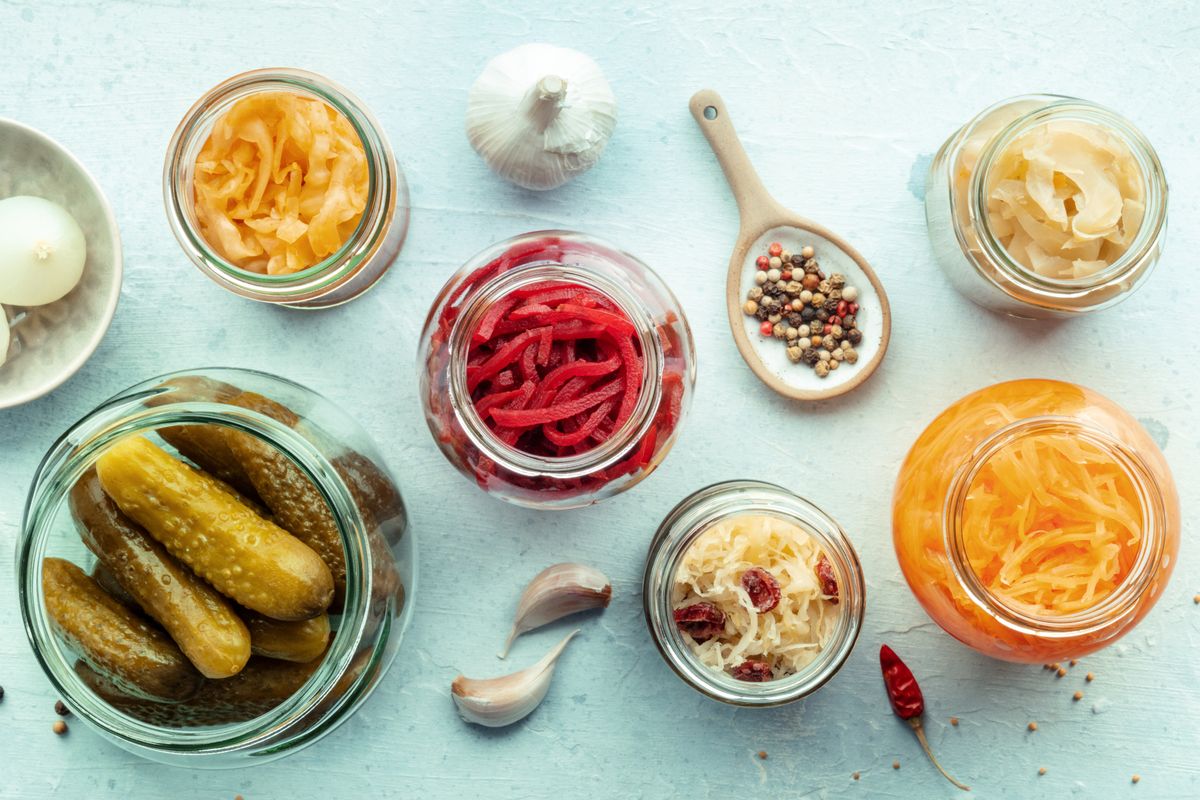Gut health has transcended the realm of mere trends and emerged as a significant aspect of overall well-being. Extensive research has unveiled the profound connection between the gut microbiome and a multitude of health outcomes, ranging from diabetes and heart disease to gastrointestinal disorders and depression. Amidst the trillions of bacteria dwelling within your digestive tract lies a pivotal opportunity to elevate your health.
The question arises: How can you enhance and sustain a healthy gut? A fundamental piece of the puzzle lies in embracing a diet that fosters the proliferation of beneficial bacteria, augmenting both diversity and quantity of these vital microbes within your digestive system. Probiotic foods stand as key contenders, offering an array of strains of favorable bacteria that readily establish colonies within your gastrointestinal tract. While certain foods possess naturally occurring beneficial bacteria, amplified through the process of fermentation, others are intentionally fortified with probiotics.
By consciously incorporating these probiotic-rich foods into your diet, you embark on a journey to bolster your immune system, bolstered energy levels, uplifted mood, and improved overall health.
Unveiling the Power of Probiotics: Exploring Beneficial Bacteria and Probiotic Foods
When it comes to bacteria, our instinctive reaction is often to avoid them, associating them with illness and resorting to antibacterial products. We diligently follow safe food practices to minimize bacterial intake. While these precautions are essential for warding off harmful bacteria, it's equally important to introduce beneficial bacteria into our system, known as probiotics.
Probiotics encompass a range of bacteria and yeasts that exert positive effects on the body. These beneficial microorganisms exist on every surface of our bodies, with a staggering population colonizing our digestive tract, ranging from 10 to 100 trillion! Amidst this bustling community of bacteria, both good and bad coexist. However, probiotic foods play a crucial role in maintaining a harmonious balance within our gut, effectively curbing the negative impact of harmful bacteria.
Probiotic foods either naturally contain probiotics through the process of fermentation or have been enriched with specific strains of bacteria. Lactic acid bacteria and Bifidobacteria are two widely recognized strains often added to foods for their health-promoting properties. Nevertheless, numerous other strains with remarkable health benefits can be found naturally or incorporated into various foods.
Unraveling the Mystery: Not All Fermented Foods Are Probiotics
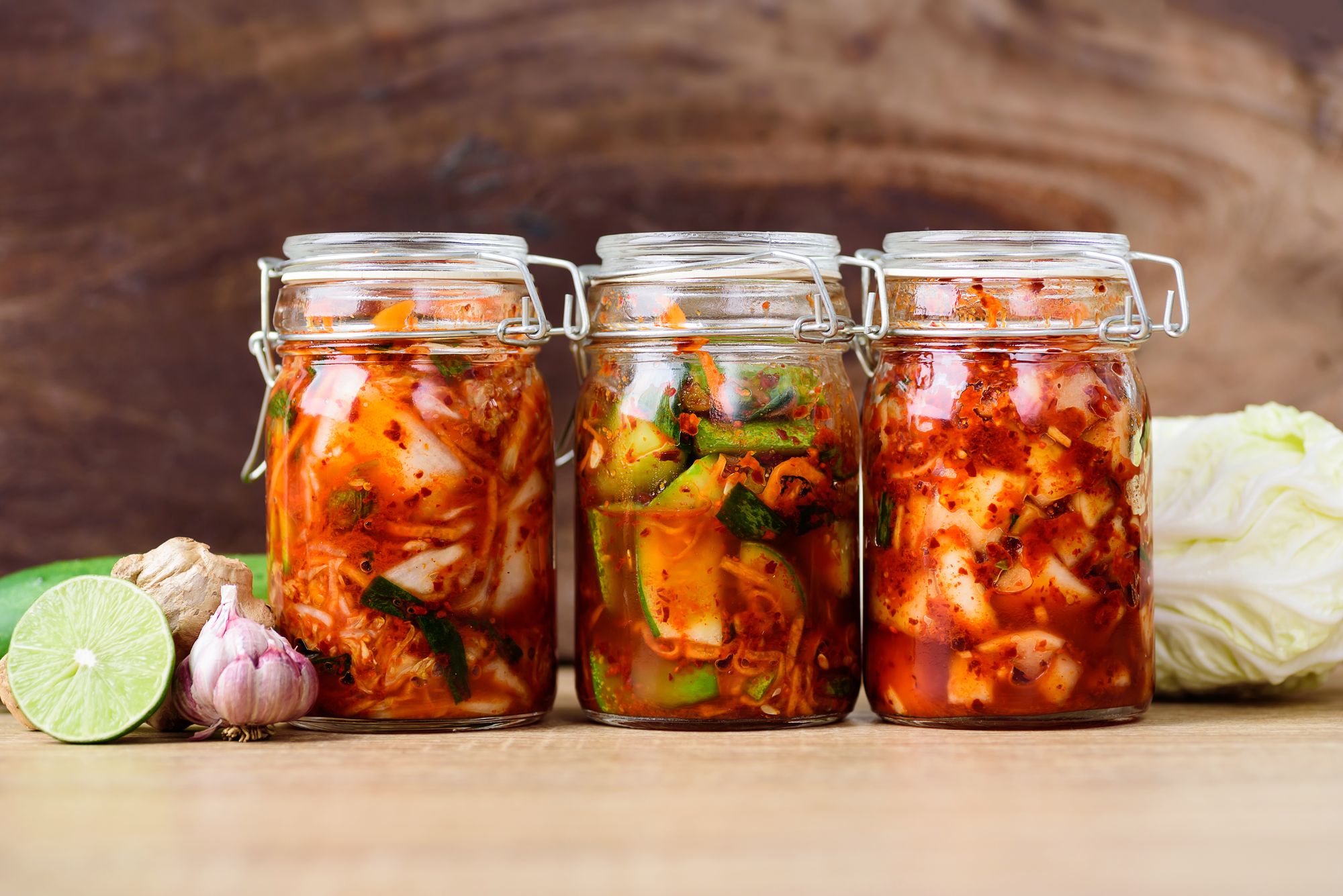
Fermented foods, brimming with natural bacteria on their surfaces, undergo a transformative process where these bacteria multiply. While certain fermented foods contain varying amounts of beneficial yeasts or bacteria at some stage of production, it's crucial to note that not all fermented foods can be classified as probiotics.
During processing, numerous fermented foods lose their probiotic properties. For instance, sourdough, heat-treated fermented vegetables, sauerkraut, or chocolate undergo processes involving heat, which eliminates live organisms by the time they reach our plates. Similarly, although beer and wine undergo fermentation, the yeasts and bacteria once present are removed before consumption.
A study published in Foods in March 2020 discovered that pressure-treated yogurt containing Bifidobacterium bifidum and Lactobacillus casei exhibited only a minor reduction in active cultures. This suggests that fermented foods preserved using pressure treatment instead of heat treatment may still retain beneficial bacteria.
Fermented foods that are traditionally consumed with beneficial bacteria, such as kimchi, kombucha, and tempeh, generally contain some amount of favorable bacteria. However, in many of these foods, the specific strains and quantities of bacteria acquired through consumption remain unknown.
Harnessing the Power of Probiotics for Enhanced Well-being
Probiotics play a pivotal role in fostering a healthy gut microbiome, with each strain offering unique potential health benefits. From uplifting mood to alleviating symptoms of constipation or diarrhea and fortifying the immune system, probiotics exert a multifaceted impact on our well-being. The field of probiotics and gut microbiome continues to be an active area of research, constantly unveiling new potential advantages.
The friendly bacteria residing in our gut form a protective barrier that aids in thwarting the invasion of harmful bacteria, safeguarding our health. Furthermore, probiotics thrive on prebiotics—specific indigestible fibers present in our diet—and generate valuable byproducts such as short-chain fatty acids. These byproducts not only enhance nutrient absorption but also combat inflammation, contributing to our overall vitality.
As scientists delve deeper into the realm of probiotics and gut health, the profound benefits associated with these beneficial bacteria continue to unfold, propelling us towards a future of enhanced well-being.
Optimize Gut Health: Discover the Top 7 Probiotic Foods
1)Yogurt:
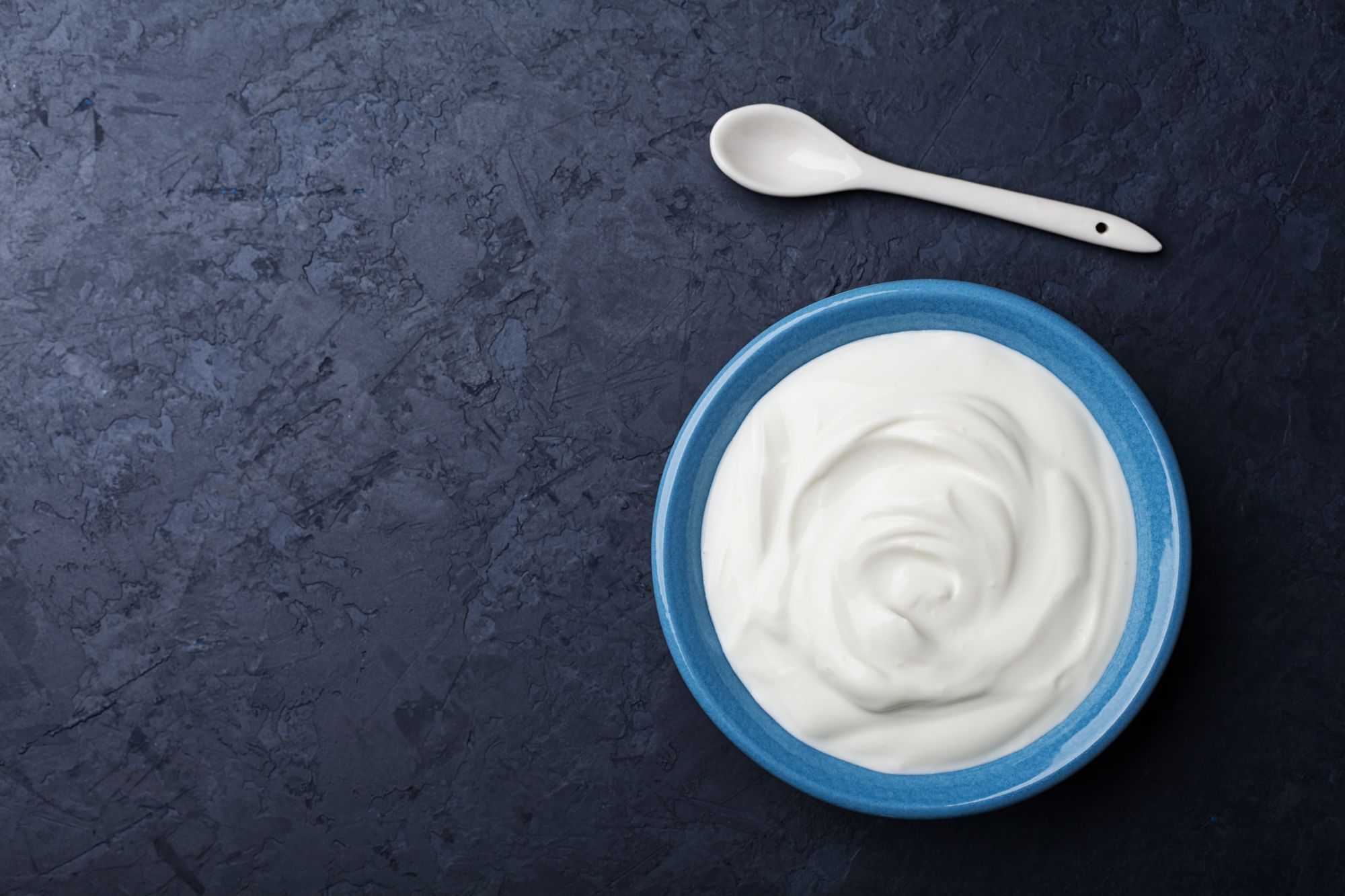
Live active cultures added to milk during fermentation make yogurt a renowned probiotic food. Look for varieties with specific strains such as Lactobacillus bulgaricus and streptococcus thermophillus for optimal benefits.
2) Cottage Cheese:
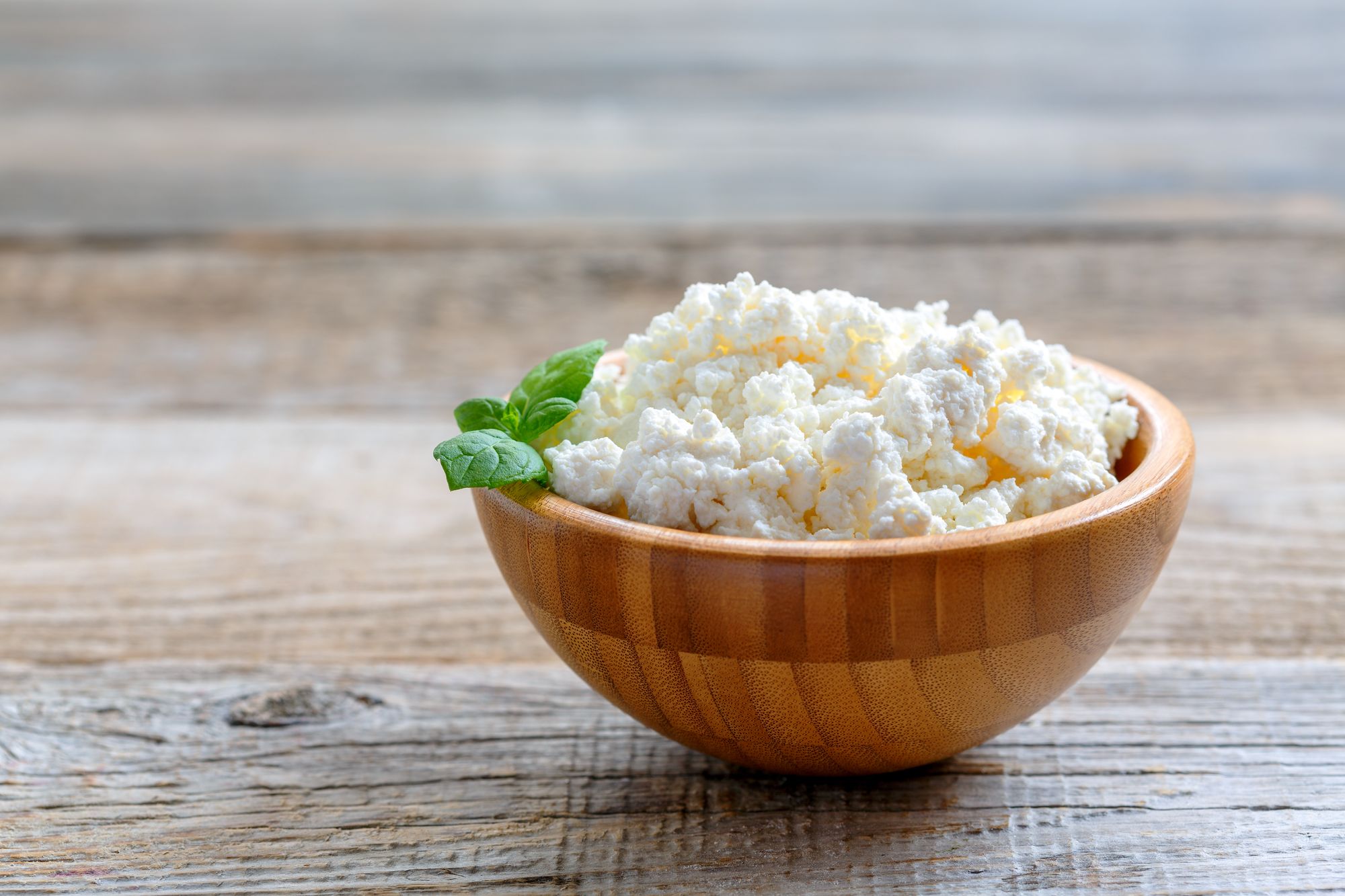
Often overlooked, cottage cheese can be a source of probiotics. Select brands that prioritize live and active cultures to ensure potency.
3) Miso:
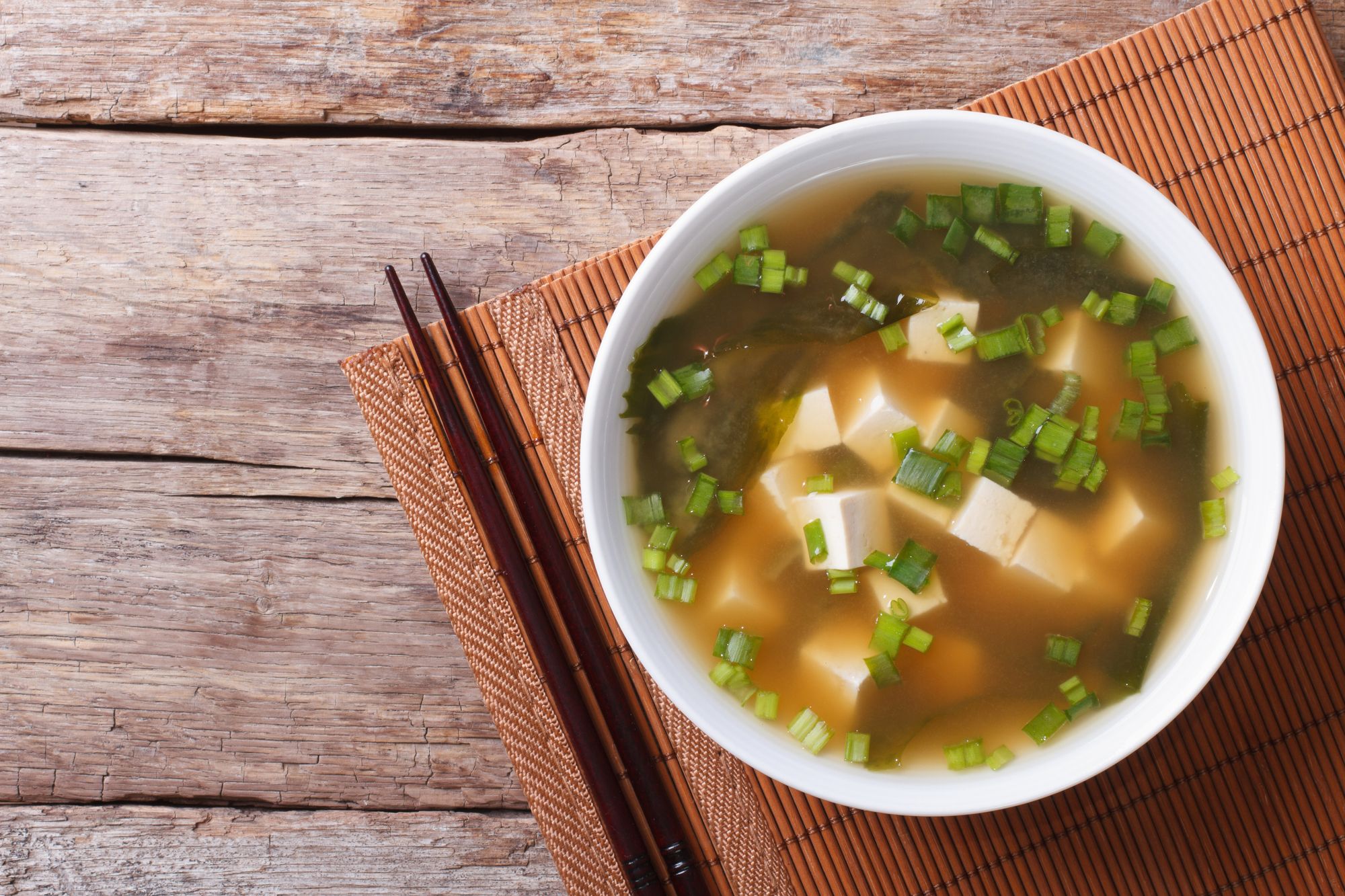
This savory, umami-packed fermented soybean paste adds a delightful flavor to dishes while potentially offering health benefits. Regular consumption of miso may assist in combating cancer, high blood pressure, inflammation, and cholesterol regulation.
4) Sauerkraut:
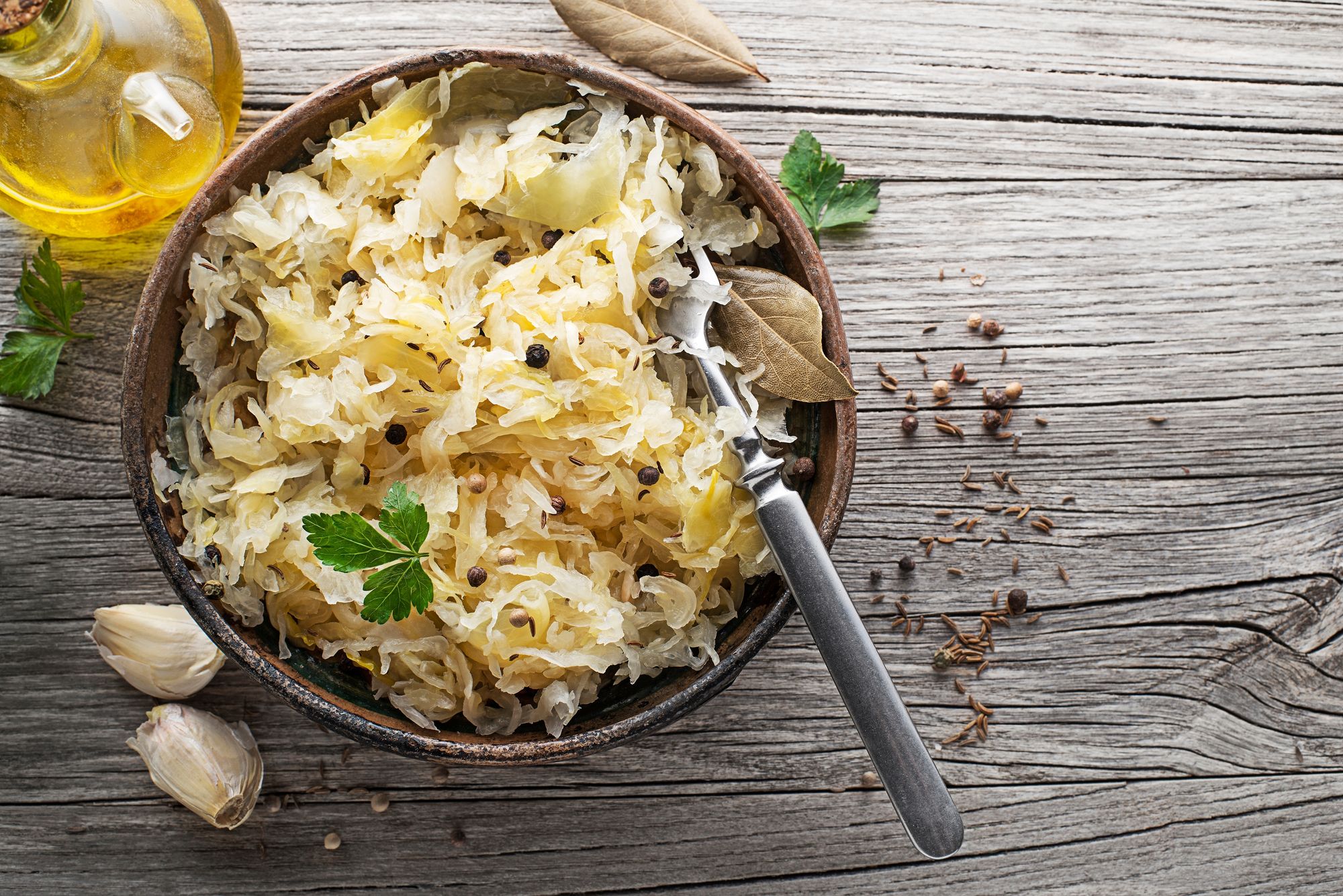
A staple in European diets, sauerkraut is a fermented cabbage dish containing beneficial bacteria. It aids digestion, reduces inflammation, and supports immune function.
5) Kefir:
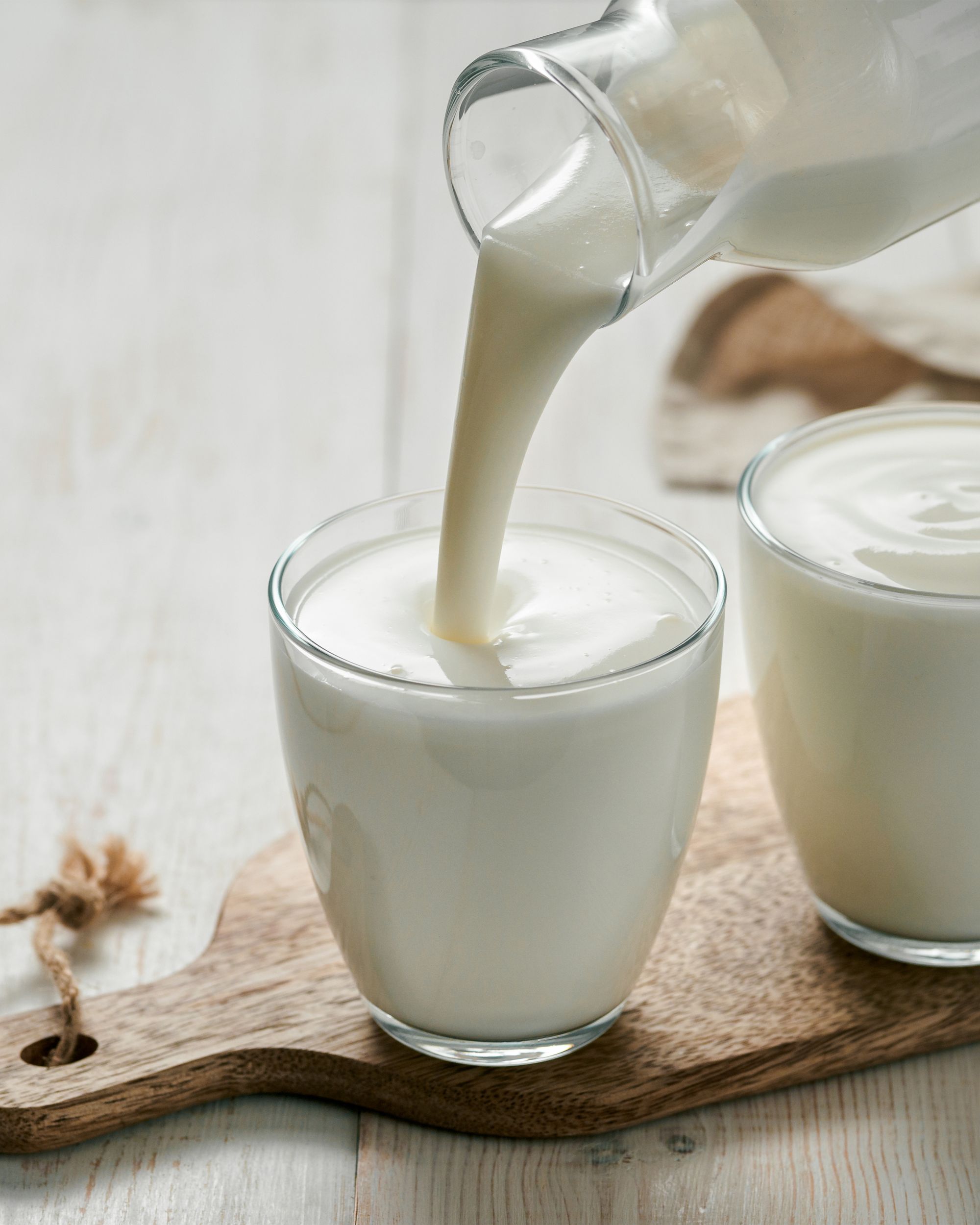
Similar to yogurt, kefir is a fermented dairy product made with a different bacterial strain. It has a longer shelf-life and offers antimicrobial, anticancer, and immune-supporting properties.
6) Kimchi:
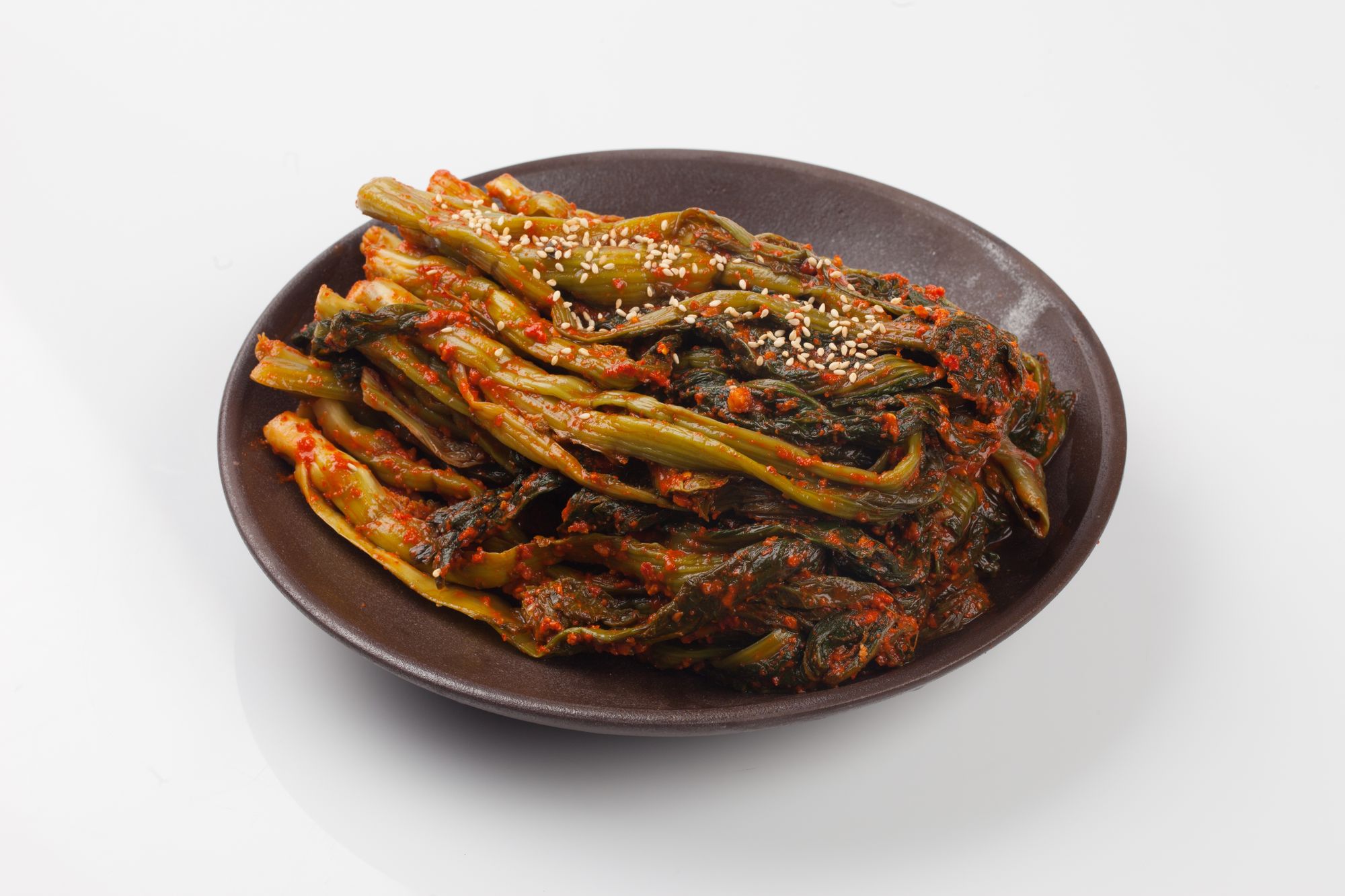
A traditional Korean food, kimchi undergoes fermentation and promotes the growth of beneficial bacteria. Lactobacillus plantarum, a specific strain found in kimchi, exhibits robust immune-enhancing effects and antioxidant activity.
7) Tempeh:
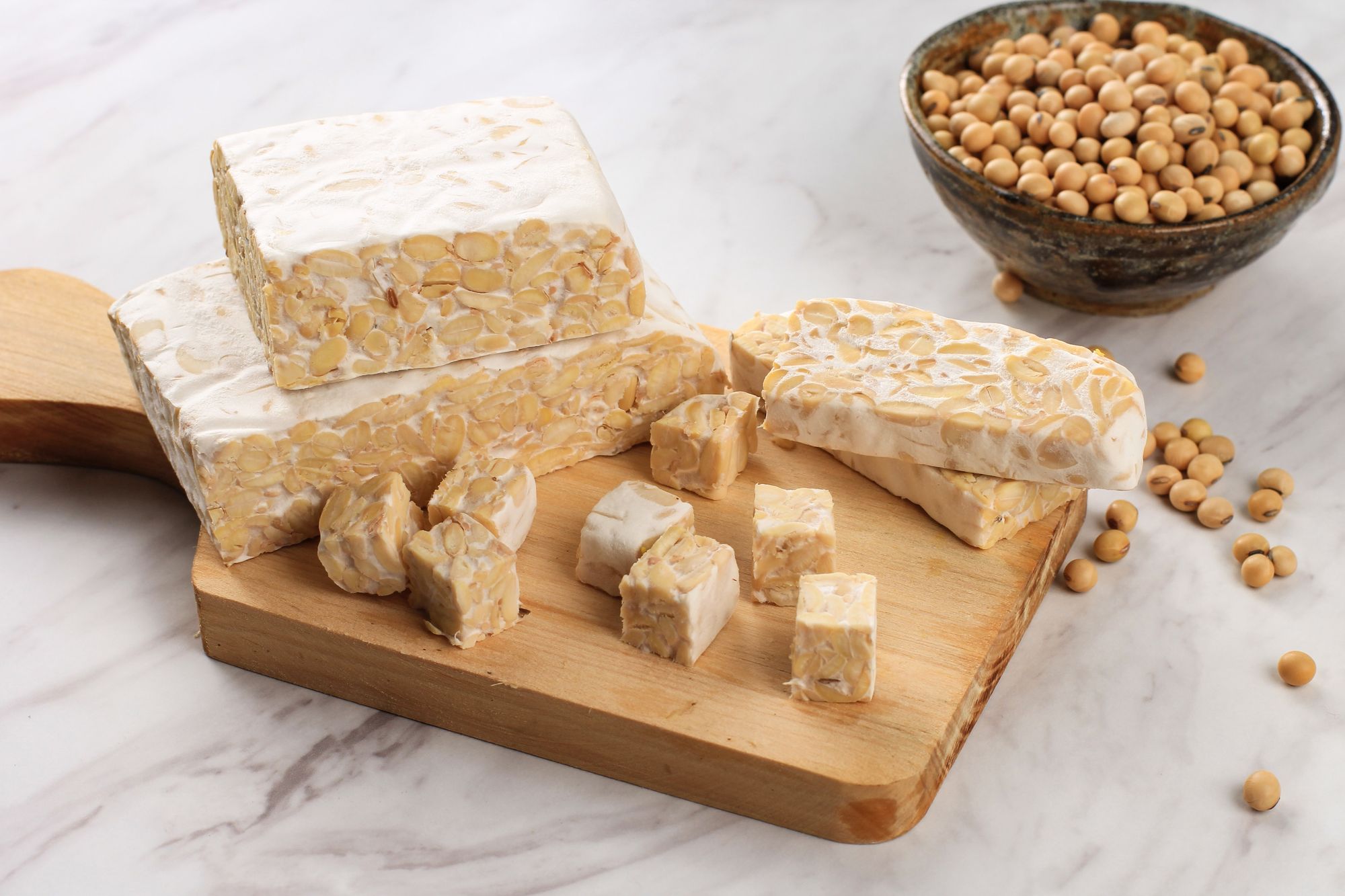
This protein-rich, fermented soybean product serves as a plant-based meat substitute. It boasts probiotics that may improve cognitive function, as observed in studies with older adults.
Incorporating these probiotic foods into your diet can help foster a healthy gut microbiome, supporting various aspects of your well-being.

